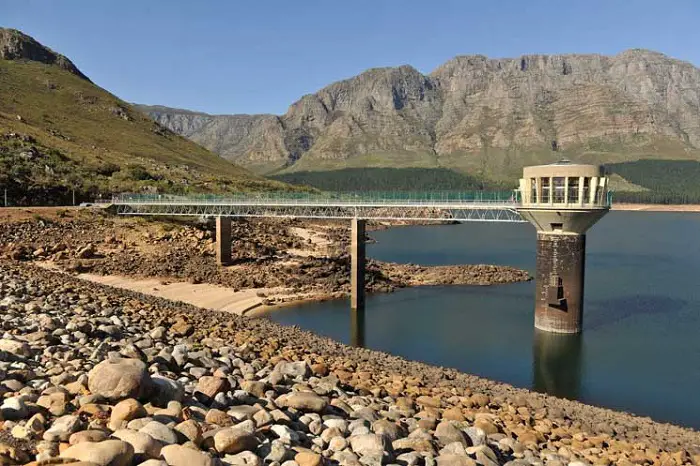The City of Cape Town has set aside US $140m of its budget to fund seven additional water projects. According to the Executive Mayor Patricia de Lille, they reconsidered their current city expenditure in order to postpone non-water related projects. This is with a view to securing funds for the first phase of the water projects. The first phase projects earmarked for these funds are the desalination plants at Monwabisi, Strandfontein, the V&A Waterfront and Cape Town Harbour.
The Atlantis and Cape Flats Aquifer projects and the Zandvliet water recycling project make up the first seven emergency water projects of this phase. The city made this announcement amid reports that their dam levels have dropped. Presently, the dam storage levels stand at 36.8% and usable water at 26.8%.
Mayor De Lille attributed the decline in dam levels to the high winds and hot weather. On the other hand, she said that they have since managed to halve Cape Town’s water usage with the help of 51% of the city’s water users. According to the city, water users have exceeded their water usage by 82m litres per day. The water required level is set at 500m litres per day.
Also read: WIIS summit to address water infrastructure buildup in South Africa
Water Saving tips
The Mayor further urged the remaining 49% of water users to reduce their usage. This is for purposes of ensuring the town implements various projects for additional water supply. The additional water supply will come in handy until winter 2018.
Meanwhile, the municipality of Cape Town has come up with water saving tips. Residents are to limit water use to less than 87 litres, per person, per day. Furthermore, municipal drinking water is only for essential washing, cooking and drinking purposes, and only use indoors. They should also check and fix all leaks on their property. Generally, household consumption is limited to 20 kilolitres per month.

Leave a Reply